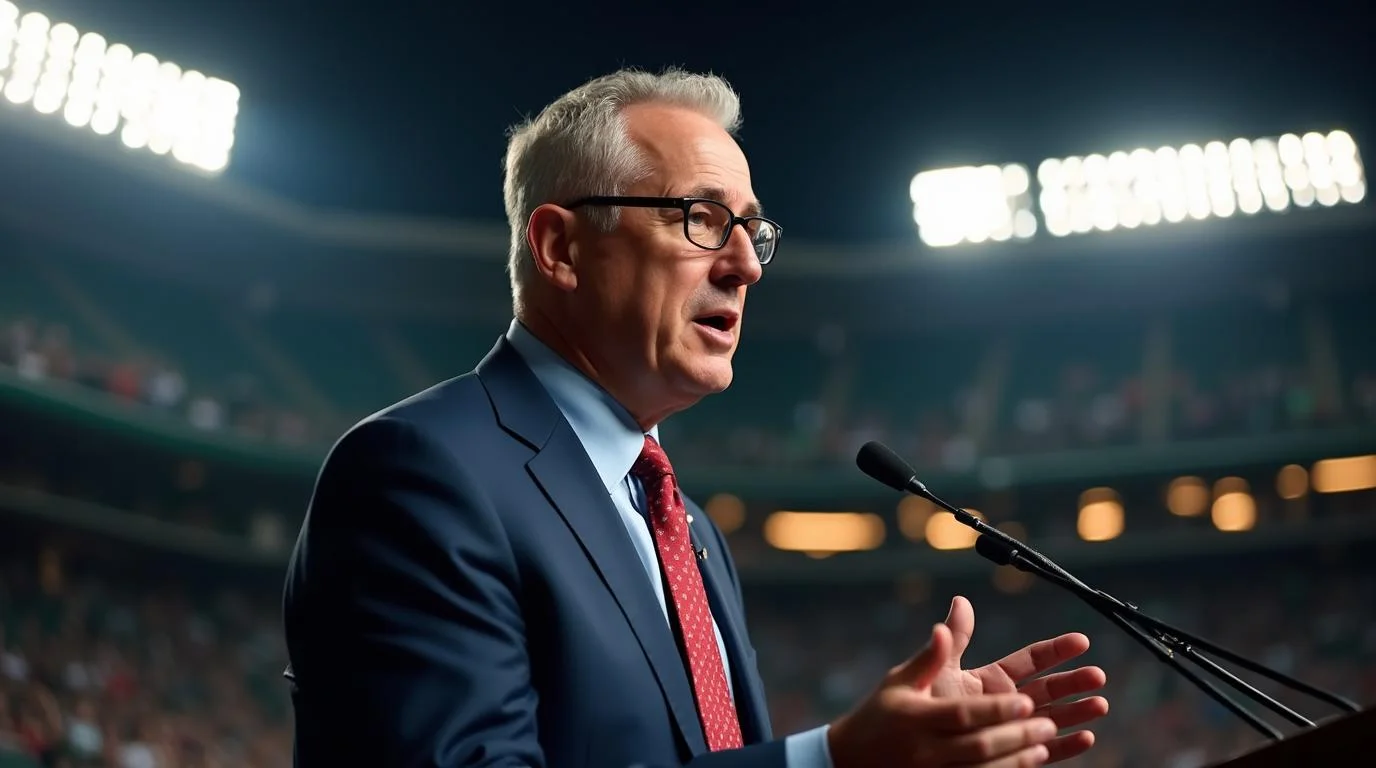US Online Gambling Regulation Roundup: July 4, 2025
The US online gambling landscape is rapidly evolving, with multiple states updating regulations on sports betting, iGaming, daily fantasy sports, and sweepstakes-style casinos.
This July 4th snapshot highlights key legal developments across 10 states, from new tax structures and enforcement crackdowns to tribal iGaming compacts and prediction market challenges.

1.0
Default
US Online Gambling Regulation Roundup – Highlights from 10 States
The US gambling landscape continues to shift rapidly, with multiple states enacting or proposing significant regulatory changes across online casinos, sports betting, DFS, and sweepstakes platforms.
From aggressive crackdowns on offshore operators to new tax structures and iGaming expansion bills, the past few weeks have brought meaningful momentum—and disruption—to the industry.
Key Highlights
- Sweepstakes Crackdowns: Louisiana, Mississippi, and New Jersey are aggressively banning or enforcing against sweepstakes-style casinos, with new penalties and enforcement actions.
- iGaming Expansion Bills: Maine and Massachusetts advanced legislation to legalize online casino gaming, while Missouri moved forward with public comment on its upcoming sports betting launch.
- DFS & Promo Rules Under Fire: California and Maryland pressured daily fantasy and sportsbook operators through courts, AG opinions, and lawsuits over predatory promotions.
California DFS Court Challenge & Strategic Pivot
On July 2, a superior court rejected the motion from Underdog Sports for a temporary restraining order to block California AG Rob Bonta’s expected opinion on the legality of paid daily fantasy sports contests.
That same day, PrizePicks announced it would shift its California “Pick’Em” format to a pure peer-to-peer model to align with regulatory expectations.
Illinois New Per-Bet Tax Effective July 1
Illinois implemented a new sports wagering tax structure: $0.25 per bet on the first 20 million wagers, then $0.50 per bet thereafter. Operators like FanDuel, DraftKings, and others have signaled that they will pass this increased cost onto users.
Louisiana & Mississippi Sweeps Crackdown
Regulators across Louisiana and Mississippi have issued extensive cease-and-desist orders.
Maine Tribal iGaming Bill Advances
The Legislature resurrected LD 1164 in a special session, granting the Wabanaki Nations exclusive rights to partner with iGaming operators. The House and Senate passed it in late June, and it is now pending action by Governor Janet Mills.
The bill originally taxed online casino revenue at 16%, but it was later amended to 18%, with revenue directed to problem-gambling prevention, veteran housing, and addiction services.
What to watch for next: Will Governor Mills sign LD 1164 before the legislative session ends?
Massachusetts iGaming & Enforcement Moves
On July 1, the Massachusetts AG issued cease-and-desist letters to offshore betting sites to protect youth and uphold licensing standards.
Two days later, legislative hearings considered HB 332/SB 235, which proposes legalizing online casino gaming via existing land-based operators and new standalone licenses, with revenue taxed at 20%.
What to watch for next: Does online casino legalization advance, and will AG enforcement strengthen?
Maryland Anti-Predatory Marketing Moves
Baltimore’s Mayor filed an aggressive lawsuit accusing major sportsbooks of deploying “free bet” marketing strategies aimed at vulnerable users.
Regulators are also reviewing tighter restrictions on promotional deductions, cutting the cap from 20% to 5% of revenue.
What to watch for next: Could legal challenges catalyze statewide marketing restrictions?
New Jersey Sweepstakes Ban & Tax Increases Signed
In late June, Governor Murphy signed a law that became effective immediately. The law bans all sweepstakes-style casinos, increased the iGaming tax from 15% to 18%, and raised the sports betting tax from 13% to 16%.
Missouri Invites Public Feedback on Sports Betting
Following the successful 2024 constitutional amendment, the Missouri Gaming Commission published draft sports wagering regulations. The public comment window extends through July 16, and hearings are scheduled for mid-July.
Kansas Prediction Markets Watching
The CFTC-driven national trend continues. Firms like Kalshi are challenging state cease-and-desist orders in federal court, asserting CFTC oversight jurisdiction. This is part of a broader shake-up in which prediction markets test traditional gambling regulatory models.
Why Do These Events Matter?
| Development | Trend |
|---|---|
| Daily Fantasy Sports Regulation | Pivots to peer-to-peer formats reflect proactive adaptation to legal scrutiny. |
| Sweepstakes Bans | Coordinated efforts in multiple states indicate tightening oversight and licensing enforcement. |
| iGaming Expansion | Tribal compacts and legislative bids in Maine and Massachusetts signal potential online casino market growth. |
| Tax Shifts | Illinois and New Jersey’s tax changes may serve as models for others. |
| Prediction Markets | Federal rulings on Kalshi may limit states’ ability to block innovative betting formats. |
| Gambling Advertising Oversight | Maryland’s actions might reshape sportsbook marketing rules nationwide. |
















